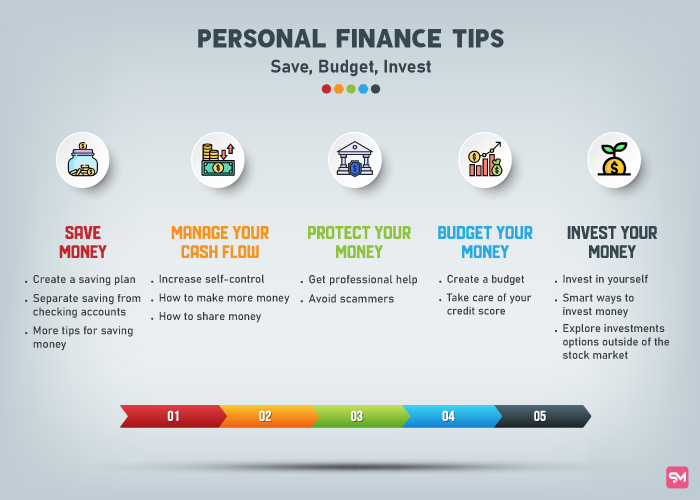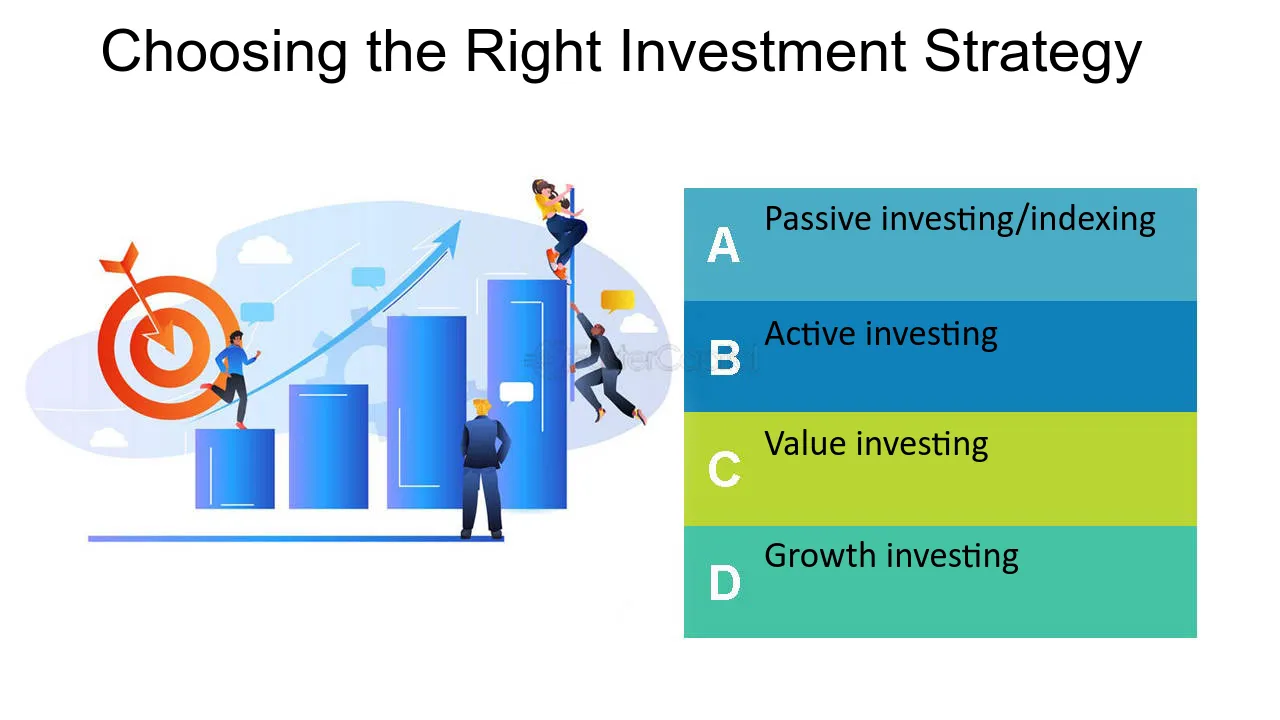Managing your finances effectively is a critical skill, especially for beginners. Whether you’re starting your first job, planning your financial future, or simply looking to improve your money management habits, these essential personal finance tips will set you on the right path.
10 Essential Personal Finance Tips for Beginners
Personal finance can feel overwhelming, but with the right strategies, you can build a solid foundation for financial success. Here are ten practical tips to help you get started on your financial journey.
1. Create a Personal Budget
Budgeting is the cornerstone of personal finance. Start by tracking your income and expenses to get a clear understanding of where your money is going. Use a budgeting app or a simple spreadsheet to allocate funds for essentials like housing, food, transportation, and savings.
Why Budgeting is Important
A well-planned budget helps you control your spending, avoid debt, and prioritize saving for future goals.
2. Set Financial Goals
Having clear financial goals gives you direction and motivation. Whether it’s saving for a vacation, buying a car, or building an emergency fund, set short-term and long-term goals that are specific, measurable, and achievable.
How to Set Realistic Goals
Start with smaller, attainable goals and gradually work your way up. Use SMART (Specific, Measurable, Achievable, Relevant, Time-bound) criteria to ensure success.
3. Build an Emergency Fund
An emergency fund is your financial safety net. Aim to save at least 3-6 months’ worth of living expenses in an easily accessible account. This fund will protect you from unexpected expenses such as medical bills, car repairs, or job loss.
Where to Keep Your Emergency Fund
A high-yield savings account is a good option for storing your emergency fund, as it offers easy access and interest growth.
4. Manage Debt Wisely
Debt can be a useful financial tool when managed responsibly, but it can also become a burden if not handled carefully. Focus on paying off high-interest debts, such as credit card balances, and avoid taking on new debt unless absolutely necessary.
Strategies to Pay Off Debt
Consider using the debt snowball method, which involves paying off the smallest debt first while making minimum payments on the rest, or the debt avalanche method, which focuses on paying off high-interest debt first.
5. Save for Retirement Early
It’s never too early to start saving for retirement. The sooner you begin, the more time your money has to grow through compound interest. Contribute to your employer’s 401(k) plan or open an Individual Retirement Account (IRA) to build your nest egg.
Understanding Compound Interest
Compound interest allows your investments to grow exponentially over time, making it essential to start saving early for long-term gains.
6. Track Your Spending
Understanding your spending habits is key to controlling your finances. Use tools like budgeting apps or expense trackers to monitor your daily purchases and ensure you stay within your budget.
Benefits of Tracking Expenses
By keeping a close eye on your spending, you can identify unnecessary purchases, make adjustments, and save more money each month.
7. Build Credit Responsibly
Your credit score is a crucial part of your financial profile. Make sure to pay your bills on time, avoid maxing out your credit cards, and limit new credit inquiries. Building good credit will help you secure better interest rates on loans and credit cards in the future.
How to Improve Your Credit Score
Regularly check your credit report, pay down balances, and avoid late payments to maintain or improve your credit score over time.
8. Live Below Your Means
One of the most important principles of personal finance is to live below your means. Avoid lifestyle inflation, and resist the temptation to spend all your earnings. By living frugally, you’ll have more money to save and invest for the future.
Simple Ways to Cut Expenses
Look for areas where you can reduce spending, such as dining out less, canceling unused subscriptions, or buying generic brands instead of name-brand products.
9. Learn About Investing
Investing is a great way to grow your wealth over time. Start by educating yourself on the basics of investing, such as stocks, bonds, mutual funds, and ETFs. Diversifying your investments can help reduce risk and increase returns.
Beginner Investment Strategies
If you’re new to investing, consider starting with low-cost index funds or working with a financial advisor to create a diversified portfolio that matches your risk tolerance and financial goals.
10. Review and Adjust Your Plan Regularly
Your financial situation and goals will change over time, so it’s important to review and adjust your financial plan regularly. Set aside time every few months to assess your budget, savings, and investment progress, and make changes as needed.
Stay Flexible with Your Finances
Life changes, such as a new job, marriage, or home purchase, may require you to adjust your financial strategy. Being flexible will help you stay on track toward achieving your goals.
Conclusion: Take Control of Your Personal Finances
By following these 10 essential personal finance tips, beginners can gain control over their finances and build a strong foundation for long-term success. Start with small, actionable steps like creating a budget, setting goals, and managing debt wisely. Over time, these habits will lead to financial security and growth.









